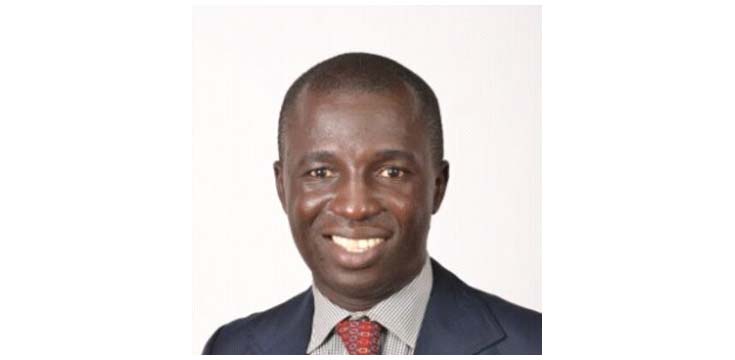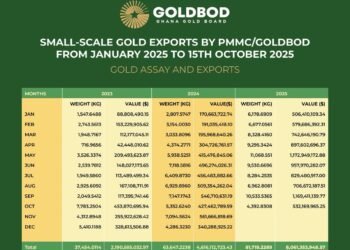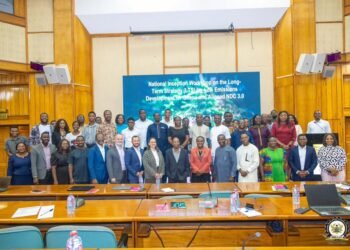The Executive Director of the Africa Center for Energy Policy (ACEP), Dr. Benjamin Boakye, has suggested to utility companies, particularly those within the electricity distribution chain to concentrate on fixing challenges within their distribution system.
He asked the companies to focus on the challenges rather than chasing after tariff adjustment;which will amount to nothing if the systemic problems are not fixed.
“Some balancing act needs to be done but most importantly, fixing ECG and the distribution problem;is what is critical at this point because if power is sold;and you are not able to recover the money, you cannot pay GRIDCo,;you cannot pay ECG for the system to function.”
Benjamin Boakye

He also noted that the recent challenge is as a result of the failure to address previous problems in the sector. This, he says, is due to the focus being channelled to solving a pending issue without anticipating futuristic problems.
He further noted that, although the existing infrastructure is failing, there are developments that can help ease the problem.
“What we have failed to do over the years is to comprehensively address the problems in the sector. So, we have one problem emerging and then we quickly rush to solve it. That is why between 2014 and 2015 we saw that all our energies were on fixing generational problems at the time. After fixing that, that also brought another problem which we said we had more than we needed, which is the excess capacity.”
Benjamin Boakye
Dr. Boakye speaking also on the proposed tariffs posited that, tariff hikes in Ghana may compel many to rely on generators since it may be cheaper than relying on the national grid.
Impending challenges must be considered before tariff increase
According to him, this is an impending challenge that needs to be considered in the debate on whether utility tariffs should be increased on not.
Mr. Boakye also averred that increasing the tariffs Ghanaians pay to access electricity and water is not the ultimate solution to the challenges utility companies face.
“The more tariffs we pile up, the more competitive the grid becomes. Before the oil prices went up, generating your own electricity was cheaper; than hooking onto the grid. We are now at the point where we are almost at par. So, if you increase it [tariffs] and it becomes much more beneficial to turn on your generator, those who have generators will use it and the grid will become redundant and that also comes with its own cost.”
Benjamin Boakye
Mr. Boakye further suggested that the financial issue can be addressed by getting an investor to help improve the operations of the power companies. distribution system

Also, speaking on the issue of tariff increment, Mr. Appiah Adomako, the Director of CUTS International, kicked against the proposal for tariff increment.
He averred that the utility companies making such demands should be instructed by the Public Utilities Regulatory Commission (PURC);to fix the financial loopholes in their systems before their proposal is considered.
Mr. Adomako further suggested that, the demand for an increment in tariffs must be thoroughly scrutinized by the PURC;and must be granted based on sound reason.






















